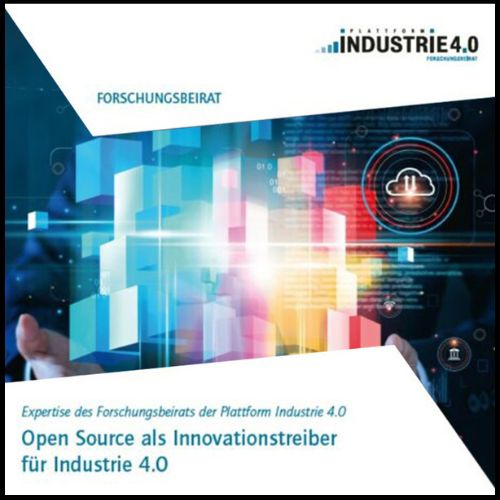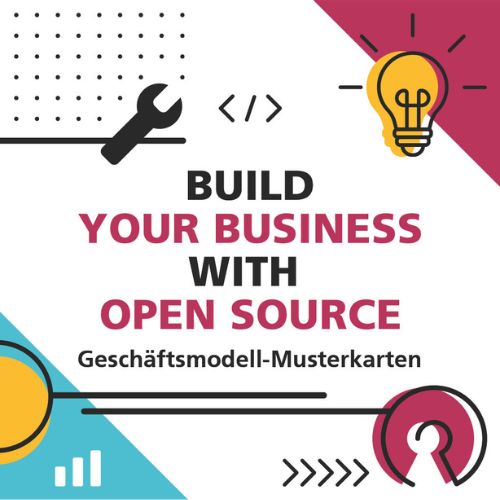What opportunities does the open source approach offer for logistics?
More than three million organizations use it, more than 65 million people work with it and there are more than 200 million repositories for open source software (OSS) worldwide. These figures show that open source is an integral part of the digital economy, both worldwide and in Germany, and is now part of almost all software and therefore all innovation processes. In logistics in particular, the potential associated with the development and use of open source software is enormous. Open source solutions can be used in a wide variety of areas, such as goods management, supply chain management (SCM), freight tracking, warehouse management systems (WMS) or transportation management systems (TMS).
 Fraunhofer Institute for Material Flow and Logistics IML
Fraunhofer Institute for Material Flow and Logistics IML



